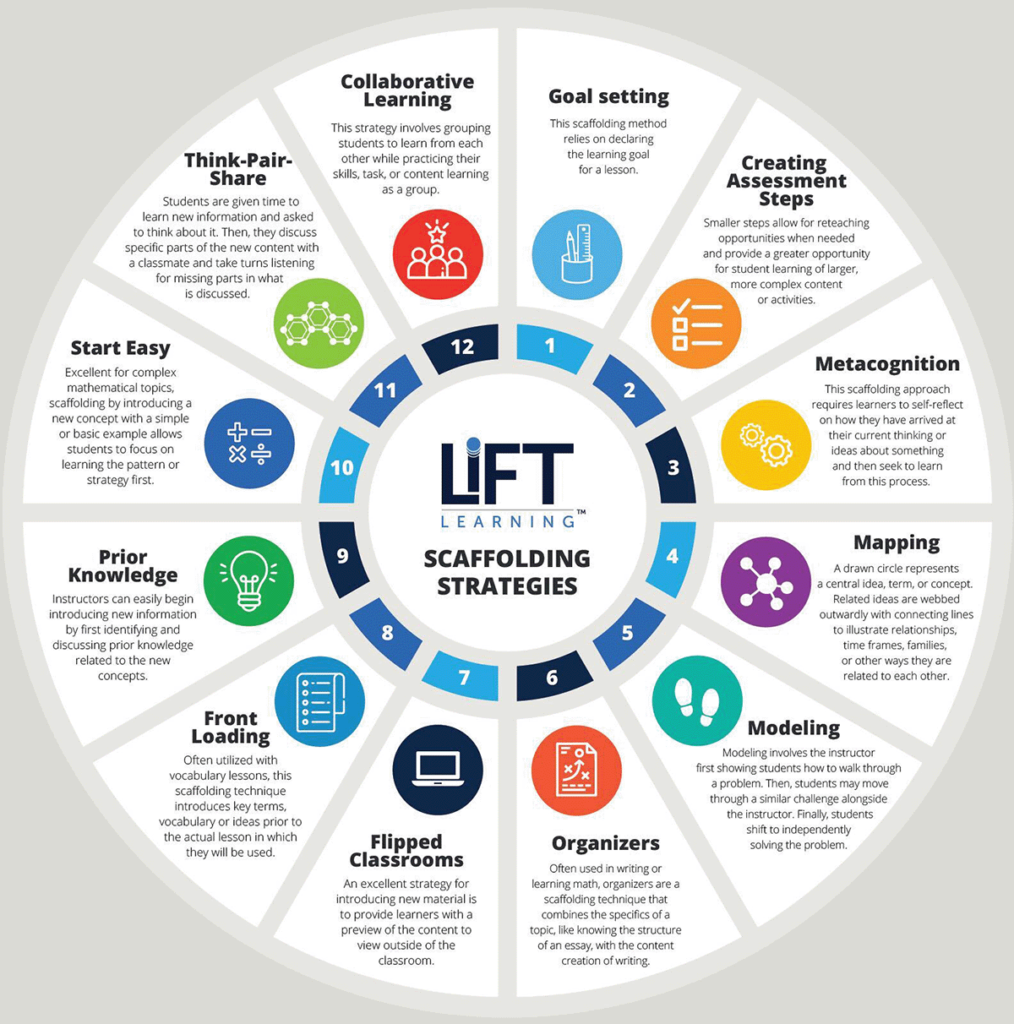How Skills Have Evolved Over Time

The history of skills goes back as far as the dawn of humanity. Our earliest ancestors needed to develop skills in order to survive and thrive in their environment. They needed to know how to hunt, gather food, build shelter, and make tools.
As civilizations developed, people began to specialize in different skills. This led to the rise of professions such as farming, construction, and trade. Skills became increasingly important for success in society.
During the Industrial Revolution, the demand for skilled workers increased dramatically. New technologies and industries created new jobs that required specialized skills. This led to the development of formal education and training programs for workers.
In the 21st century, skills are more important than ever before. The world is changing rapidly, and new technologies are emerging all the time. Workers need to be able to adapt to change and learn new skills quickly.
The history of skills can be divided into three broad periods:
- Pre-industrial period: During this period, skills were primarily learned through apprenticeship and experience. People specialized in different trades, such as farming, construction, and blacksmithing.
- Industrial period: During this period, the demand for skilled workers increased dramatically due to the rise of new technologies and industries. Formal education and training programs were developed to meet this demand.
- Information age: In the information age, skills are more important than ever before due to the rapid pace of change and technological innovation. Workers need to be able to adapt to change and learn new skills quickly.
Here are some examples of how skills have evolved over time:
- Farming: In the early days of farming, people relied on simple tools and techniques to grow crops and raise livestock. Over time, farmers developed more sophisticated skills, such as crop rotation and irrigation. Today, farmers use a variety of technologies, such as GPS and drones, to improve their efficiency and productivity.
- Construction: In the past, buildings were constructed using simple materials and tools. Today, construction workers use a variety of advanced materials and technologies, such as steel and concrete. They also need to have skills in areas such as design, engineering, and safety.
- Medicine: In the early days of medicine, people relied on traditional remedies and folk healing methods. Over time, doctors developed more scientific approaches to treating diseases and injuries. Today, doctors and other healthcare professionals use a variety of advanced technologies and techniques to diagnose and treat patients.
The history of skills shows that skills are essential for success in society. As the world changes, the skills that are in demand also change. It is important to develop skills that are transferable and adaptable to change.

Comments
Post a Comment